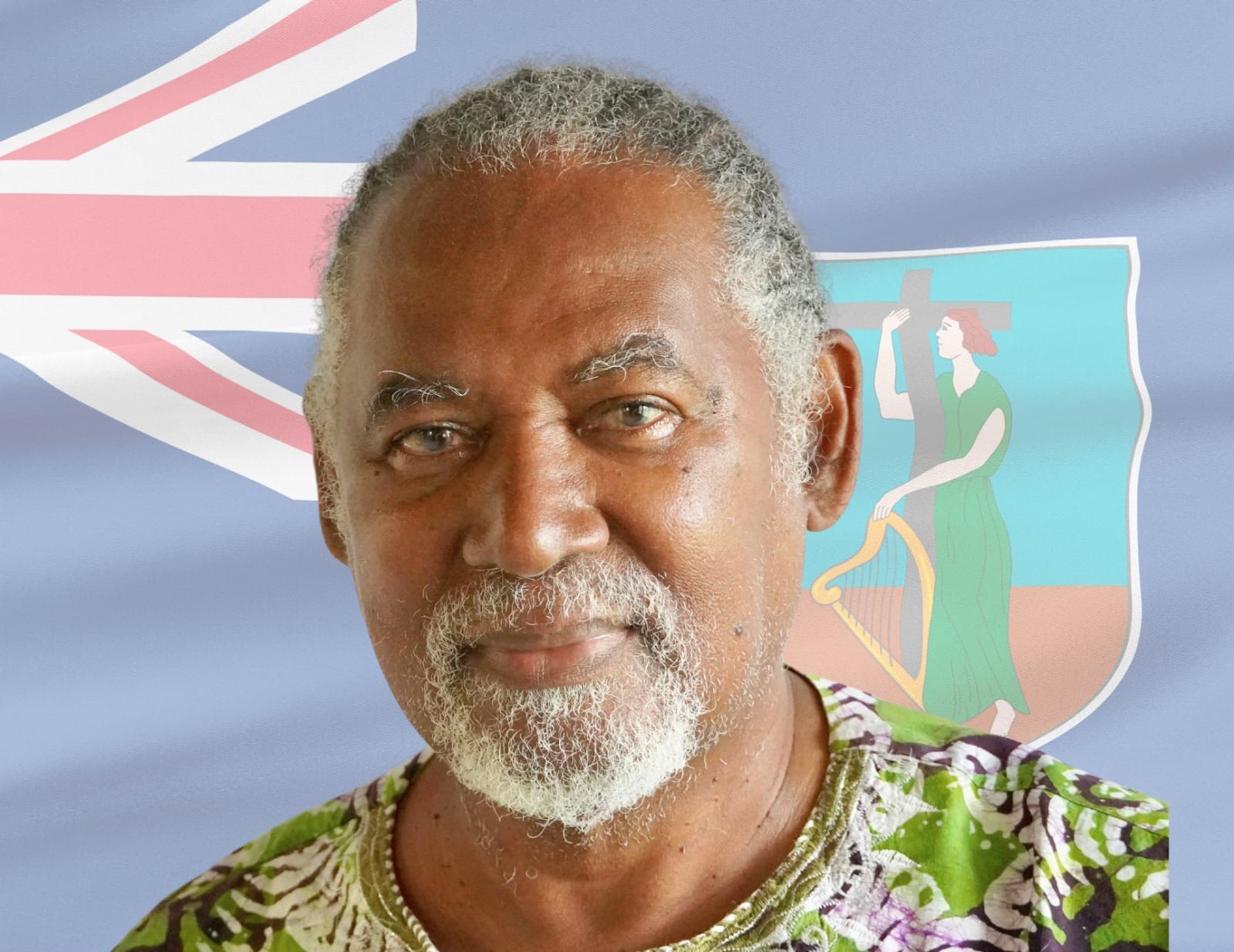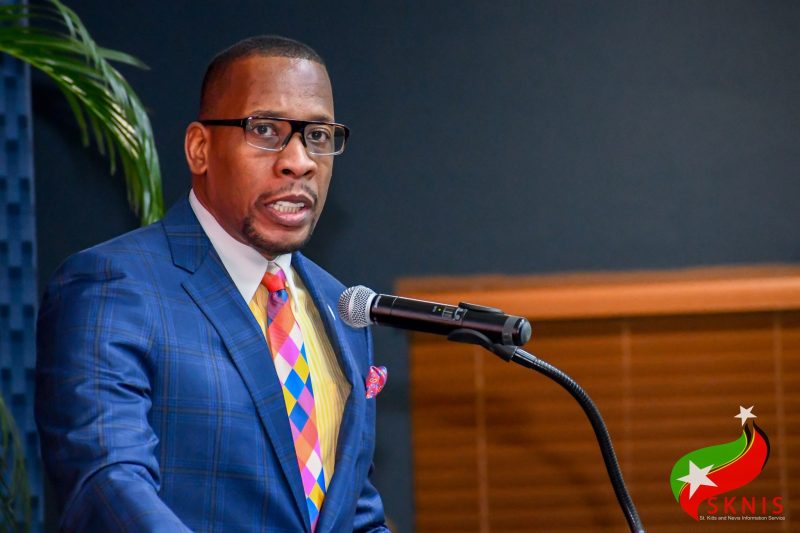During The Montserrat Conference, Premier Reuben T. Meade delivered a detailed address on the Montserrat Constitution, providing historical context, clarifying its status, and outlining potential paths toward constitutional reform and independence.
Meade began by explaining the legal foundation of the 2010 Montserrat Constitution Order. “I want to make it very clear—the Montserrat Constitution is an order of Her Majesty’s Government at the time, made by the Privy Council,” he said. “It is deemed a Montserrat Constitution, but it remains an Order in Council made by the UK government, as we are still considered a colony, even though referred to as an overseas territory.”
Historical Context of the Constitution
The 2010 Constitution replaced the 1989 Constitution Order and took nearly eight years to finalize. Meade credited several administrations for their contributions, including the governments led by John Osborne, David Brandt, and Lowell Lewis. He emphasized the collaborative nature of the process, which included consultations with Montserratians at home and abroad.
To ensure local ownership of the Constitution, Meade insisted it be debated and approved in Montserrat’s Legislative Assembly before being sent to the UK. “It had to be a Montserrat Constitution as we deemed it to be,” he explained.
However, Meade acknowledged the document’s imperfections. “It is not a perfect document, but we have the opportunity to amend it. Constitutional amendments require a two-thirds majority in the Legislative Assembly and approval from the UK government,” he stated.
Balancing Reform and Stability
While supporting the idea of constitutional reform, Meade cautioned against rushed changes, citing examples from other territories. He referenced the British Virgin Islands, where proposed amendments granting additional powers to the Governor raised concerns about undermining local autonomy.
When we speak of moving towards independence, we must do so cautiously, Meade said. He outlined the legal pathways to independence, including campaigning during an election and securing a mandate from the people.
Meade stressed the limitations of negotiating with the UK, noting that while the British government may allow changes, they are unlikely to relinquish certain powers. “HMG has indicated, they are not willing to go that route and allow any other overseas territory to have an advanced constitution such as Bermuda. Their choice is independence, or what you can negotiate with us. And again, it’s negotiated constitution, and HMG decides what they are willing to negotiate away and what we can negotiate into the constitution.”
Fundamental Rights and Governance Challenges
The 2010 Constitution introduced significant protections for fundamental rights, including the right to life, freedom from inhuman treatment, and protection from arbitrary detention. However, Meade highlighted challenges in implementing laws aligned with these rights, such as decriminalising marijuana.
He noted that laws passed by Montserrat’s Legislative Assembly must still receive the Governor’s assent, a process reflective of the island’s colonial status. Meade suggested a unified approach among UK Overseas Territories to address shared challenges.
Economic Independence and Development
Addressing the broader issue of Montserrat’s future, Meade emphasised the need for economic independence as a foundation for greater self-governance. “Economic growth is about numbers, but economic development is about the people and the economy’s long-term sustainability,” he stated.
Meade called on Montserratians, including those in the diaspora, to invest in the island’s development – pursuing financial stability and growth through the creation of trust funds and attracting foreign direct investment.
A Vision for Montserrat’s Future
In closing, Meade emphasised the importance of self-determination and a clear vision for Montserrat’s future. “This thing about first call on His Majesty’s government for financing. Yes, we can call and they give us what they want to give us. I’m not saying that we’re begging. It’s a negotiating position. But our position is, let us go out there and create our economic independence through the development of our country,” he said. “Our economic development is in our hands.”
Discover more from Discover Montserrat
Subscribe to get the latest posts sent to your email.




